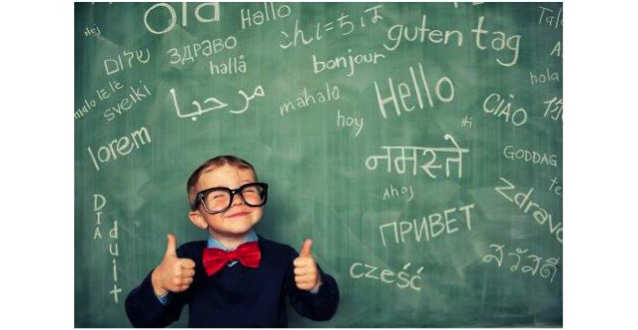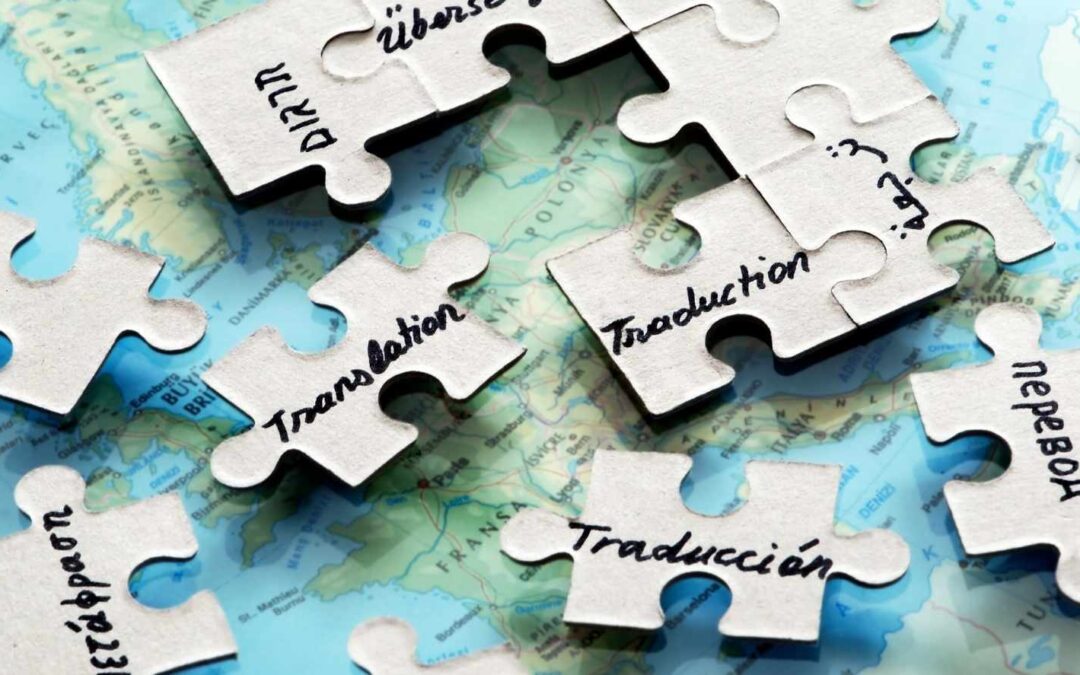A lot of people are bilingual. Some are even trilingual. Then you have those folks who know as many languages as they have fingers. While that’s all rather impressive, knowing four (or even 14) languages doesn’t qualify someone as a good, professional translator. So what does?

Becoming a translator isn’t child’s play. It takes more than knowing a dozen languages to be able to translate.
We know a thing or two about professional translations.
We have a team of translators capable of converting text, videos, audio recordings and online content into more than 150 languages. And while many of our translators speak multiple languages, they needed to impress us with more than just that in order to join our team. When it comes right down to it, translations involve far more than just a simple text-for-text exchange. It’s a complex and detailed process that requires training and experience.
What It Takes to Join Our Team of Translators
-
Precise language skills
This is a given, of course. You need to be able to communicate well in both the source language and the target language. While many translators spend years in schooling (and that’s not a bad thing) perfecting their craft, you have to also remember that language is dynamic. A good professional translator knows the current slang usage (of both languages), as well as specific dialects and words commonly borrowed from other languages.
-
Knowing the culture – Localization
Language isn’t just about words. It’s about conveying ideas and emotions. As a result, cultures play a significant impact on a language. For example, while North Korea and South Korea might speak the same language, their drastically differing political and social views affect their use of language. A translator must be familiar with the cultural nuances of a region in order to translate appropriately.
-
Finding a niche
Most novice translators are eager to get in the door with an agency or client, thus claim they can translate for any industry. This kind of claim is not only inaccurate, but potential harmful to the client. Just like each region has its own culture and dialect, so too does each industry. There is terminology found in the automotive industry that simply doesn’t exist for a technology firm. It’s as important to be fluent in both source and target languages, as it is to be fluent in a certain industry. A successful translator will hone in on a niche or industry.
-
Practice professionalism and discretion
Translators are usually privy to some sensitive and private information, including unreleased business documents, legal papers and more. Translators need to subscribe to a high level of professionalism in order to ensure their clients trust them.
-
It’s not always what you know, but knowing where to look
Languages are complex and always growing. It’s impossible for even a native speaker to know everything. Being able to rely on resources is key to the success of a translator. From dictionaries to computer programs and colleagues, knowing where to go to access helpful information on language, culture, industry-specific terminology and more is a must.
Don’t just have the skills – show them
Anyone looking to become a professional translator needs to show that they have what it takes to succeed in this field. While testimonials and case studies help, it’s also important that a translator become certified. Various schools and associations offer certification programs, as do each state. Three associations translators often look toward for certification are:
- The American Translator’s Association
- The National Association of Judiciary Interpreters and Translators
- The International Medical Interpreters Association
It also doesn’t hurt to go above and beyond the call of duty, by taking tests such as the Defense Language Proficiency Test (DLPT), which is used by the US Department of Defense to assess language proficiency.
Bilinguals can read a menu – translators do so much more
All translators are at least bilingual, but not all bilinguals are (or can be) translators. There’s a reason why most translators spend years studying the craft of translation, and why they continue to mold their skills each year though ongoing testing and professional development, including spending time in the regions of their chosen languages in order to fully understand the culture. It takes a full-time commitment to be able to provide the type of translated product that clients demand.
At Metro Audio and Video, we don’t look for translators who are simply proficient in a multitude of languages. We look for translators who have proven to be capable of conveying a client’s message in an appropriate tone and language for the target audience.






